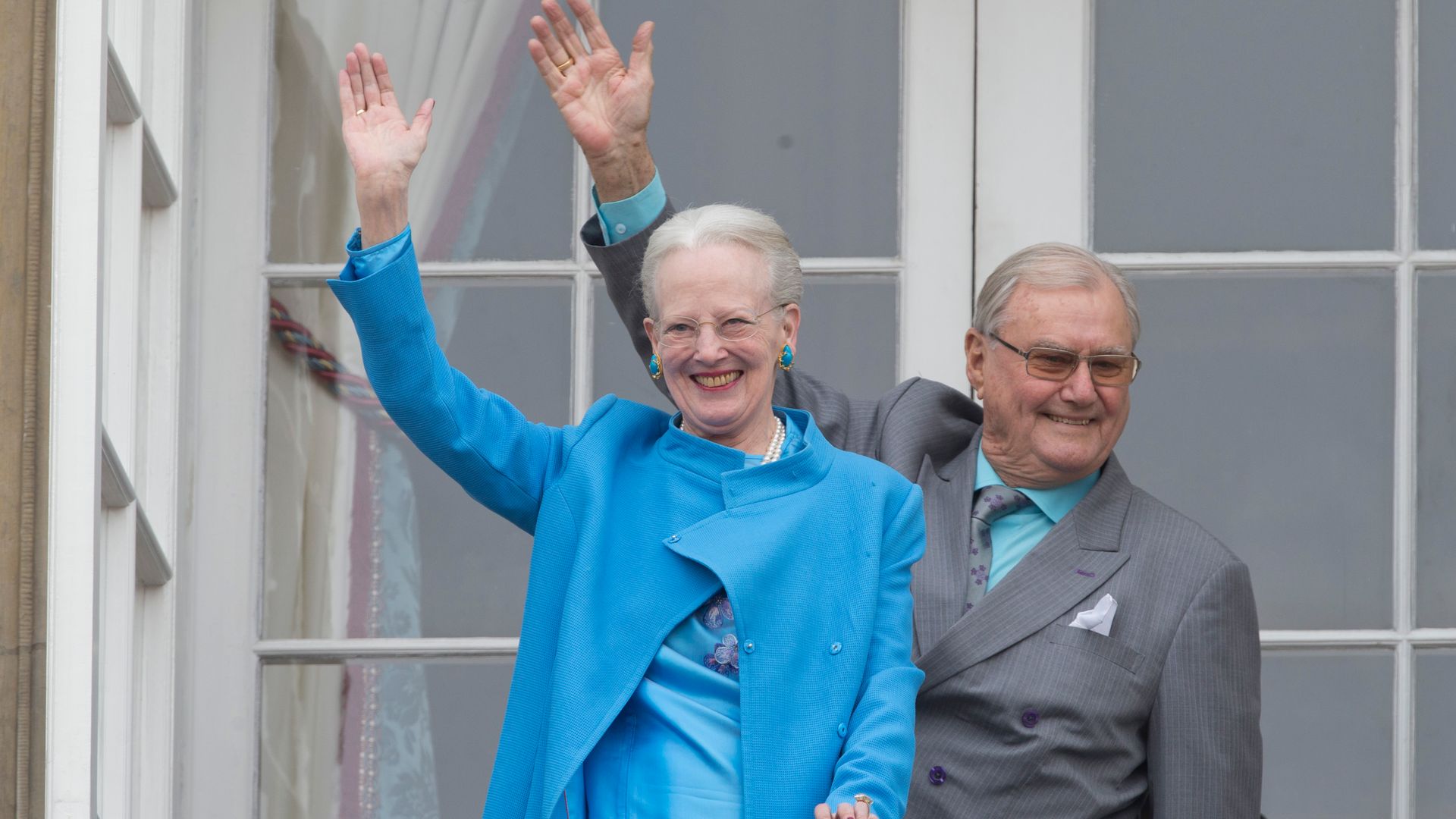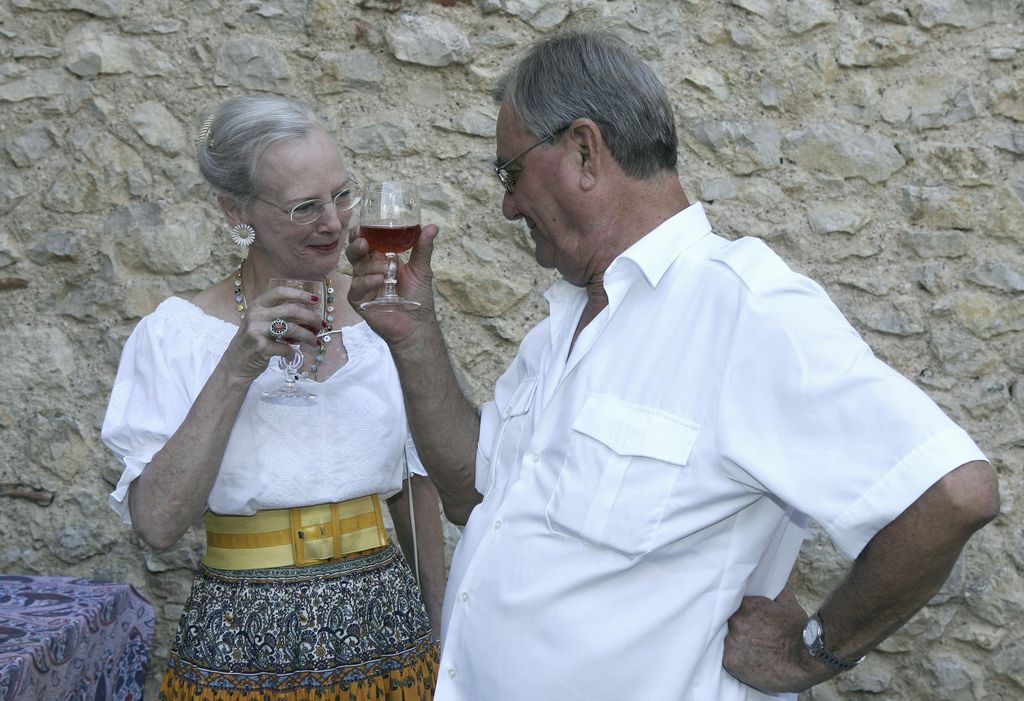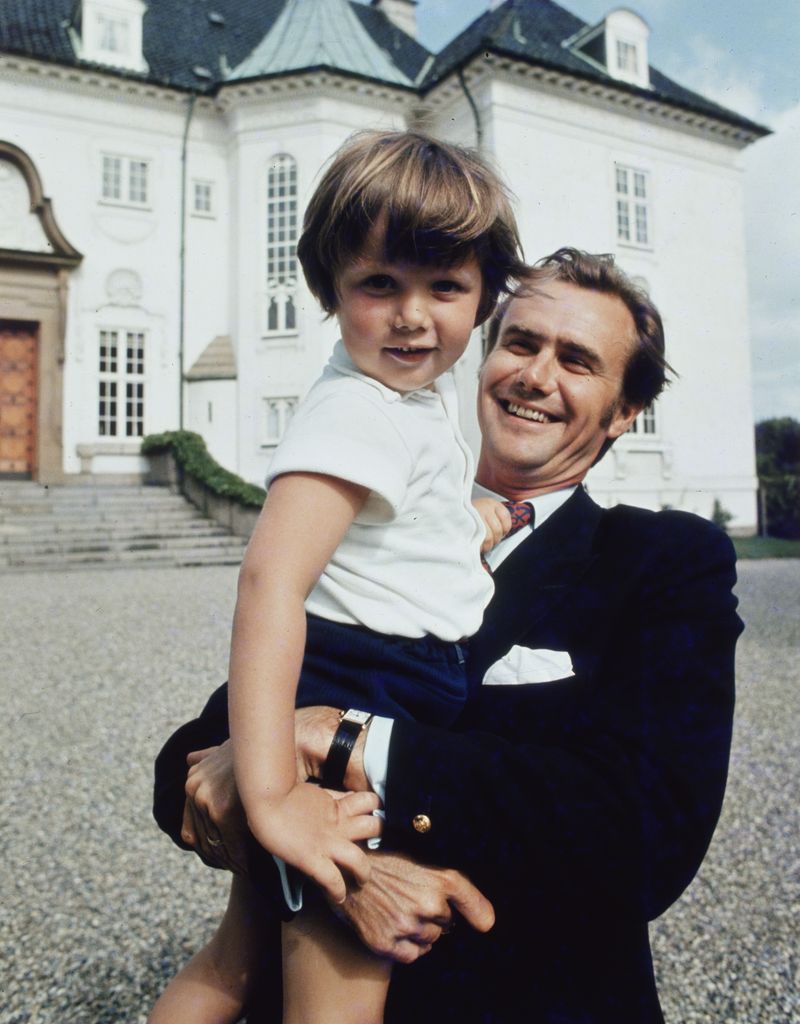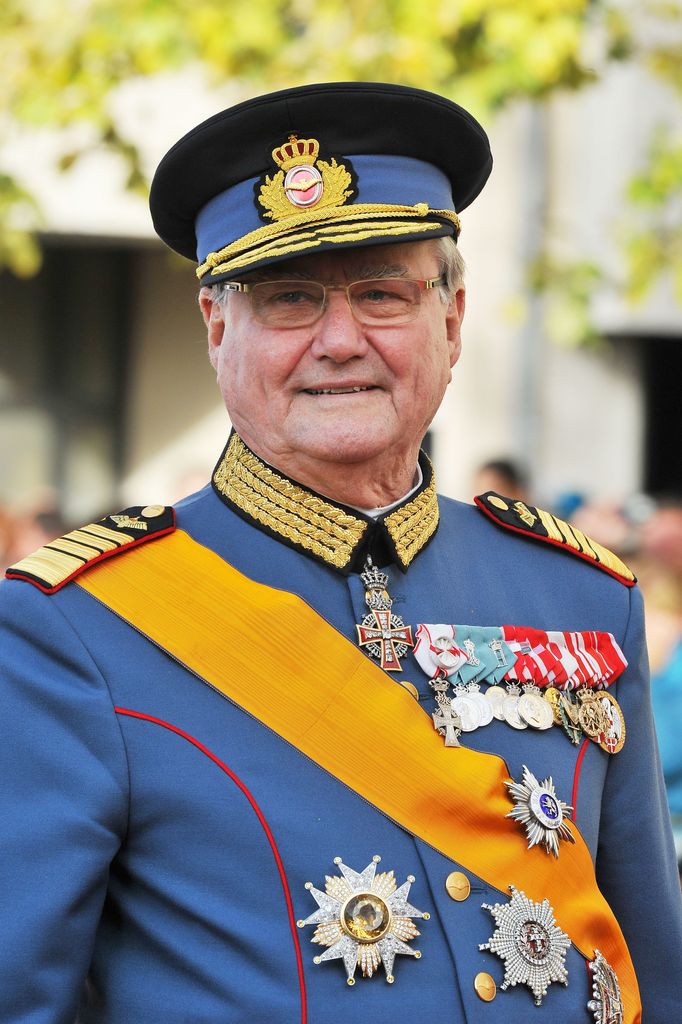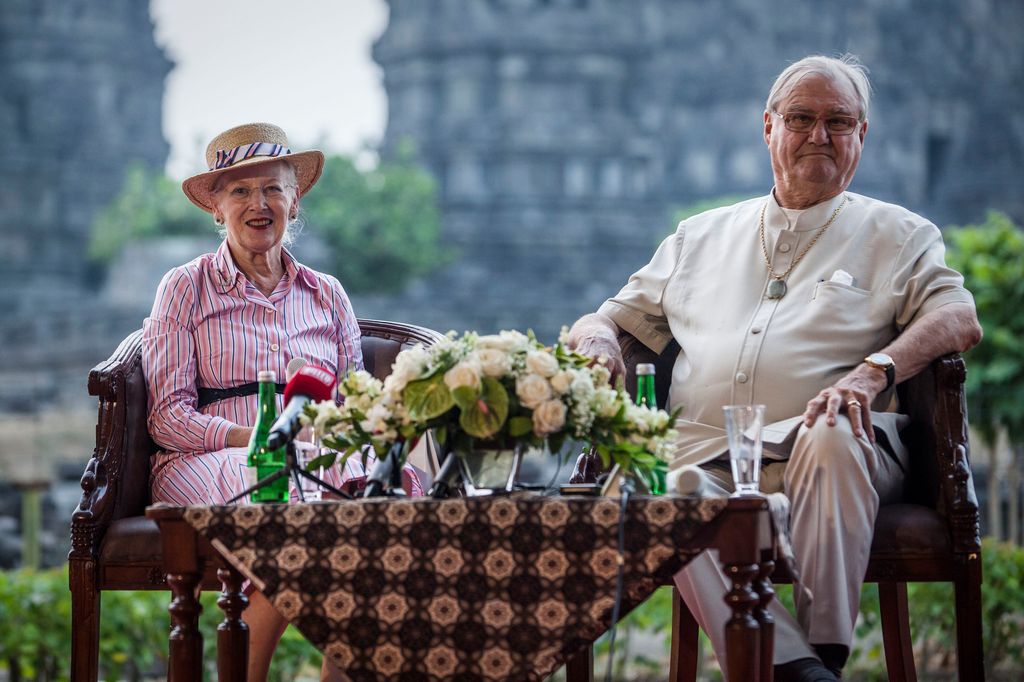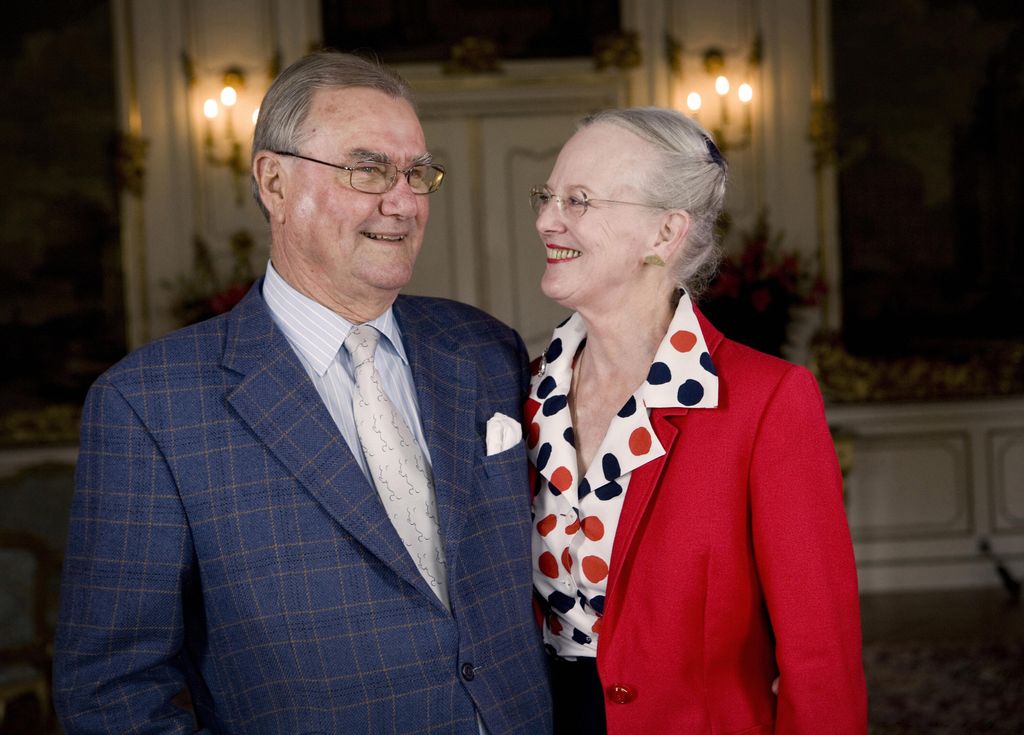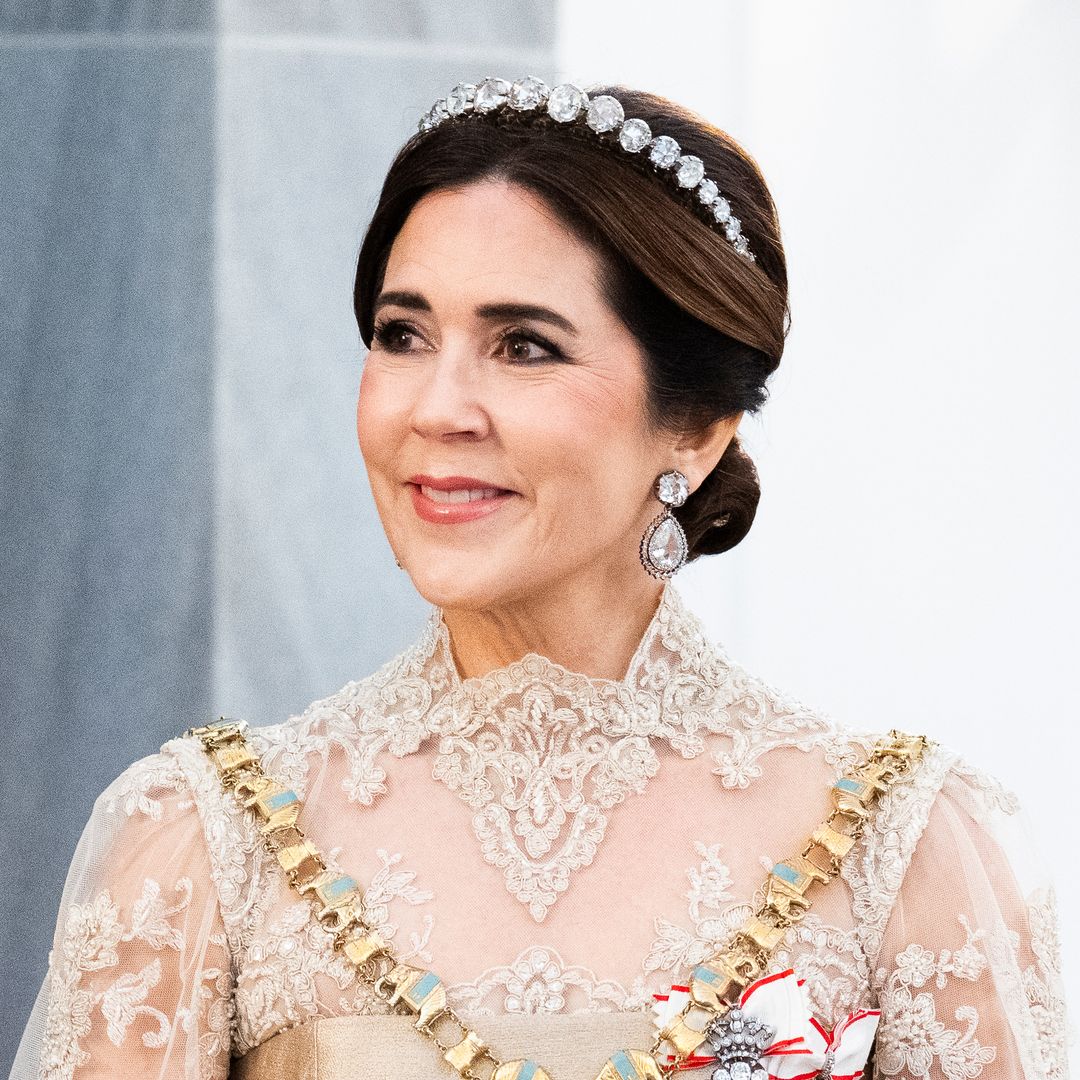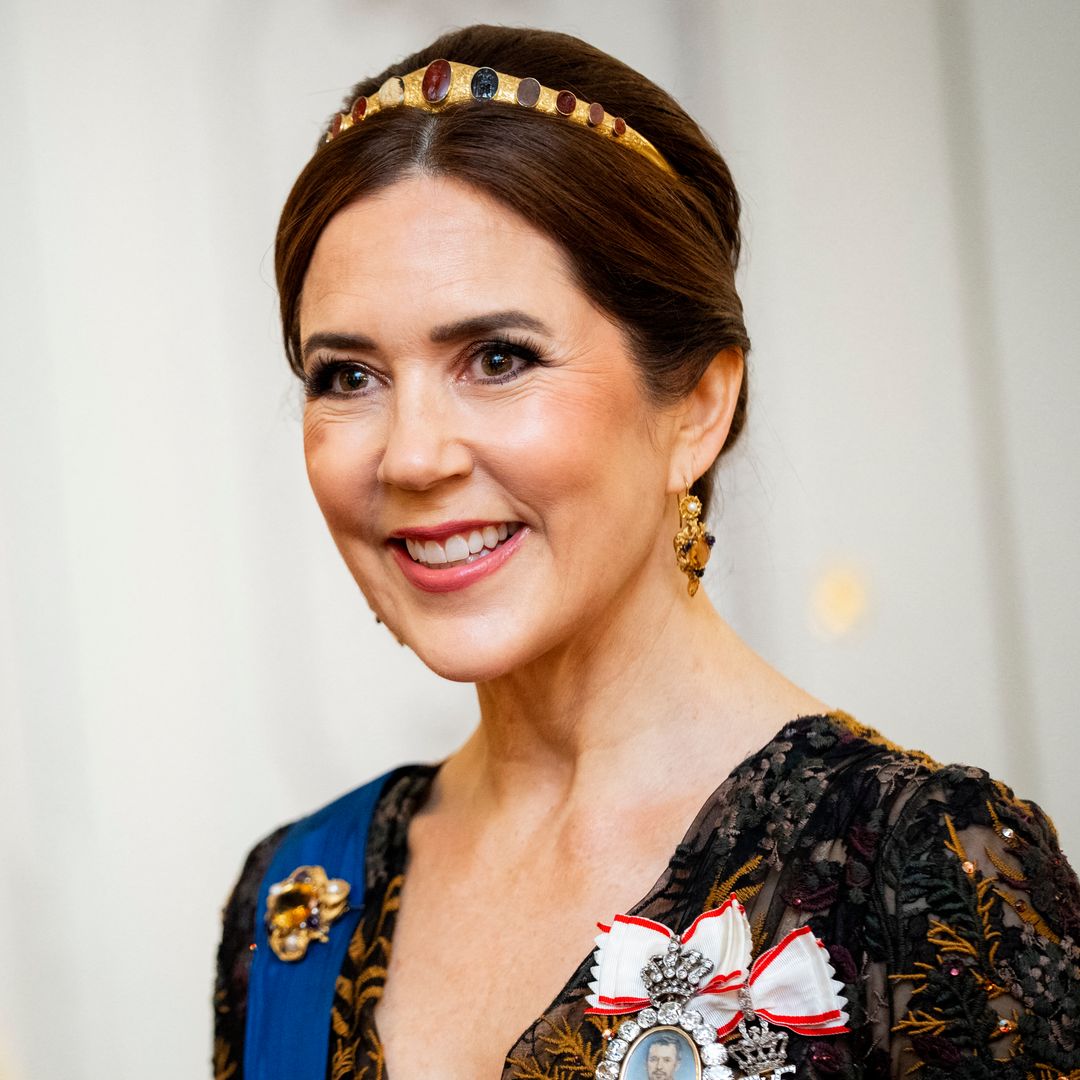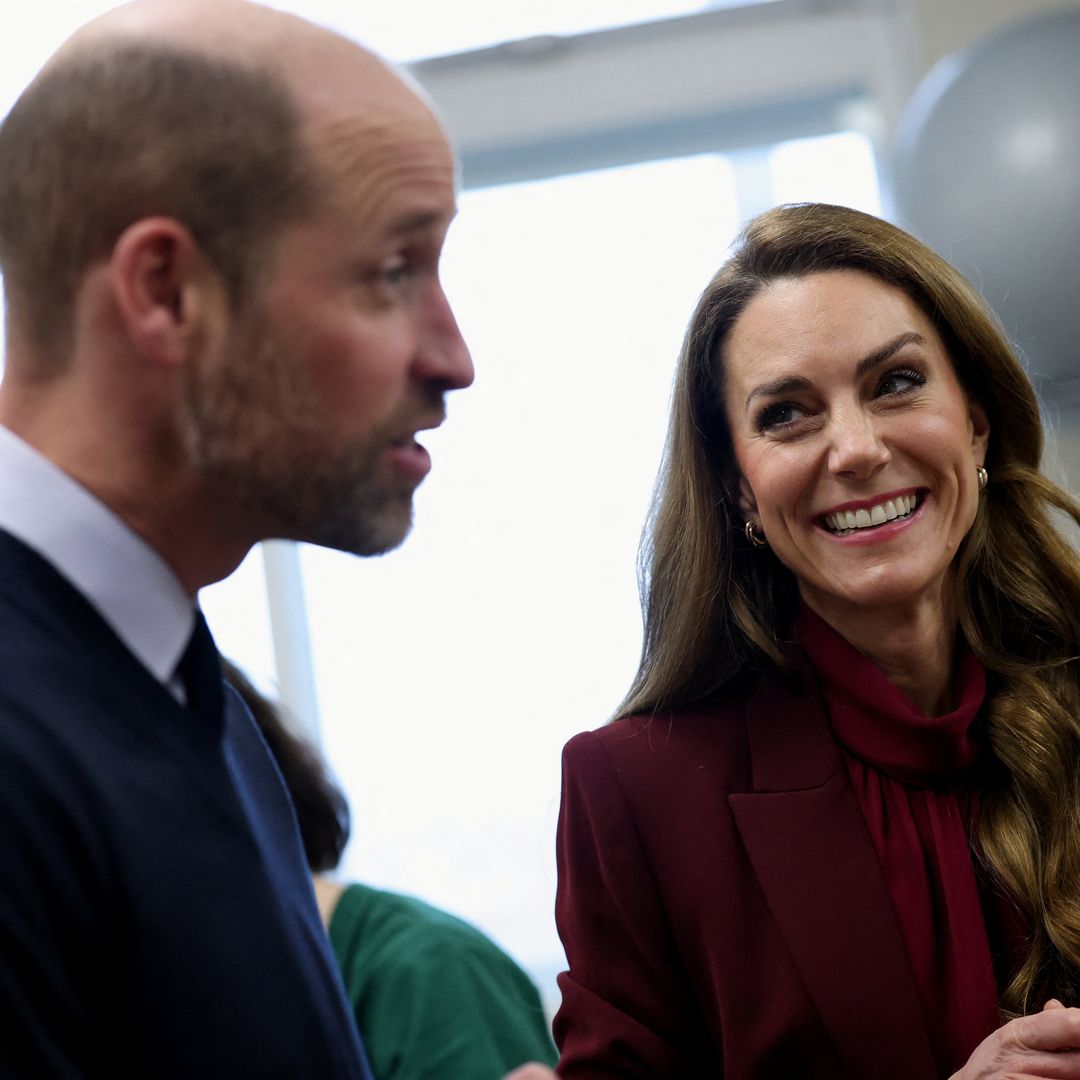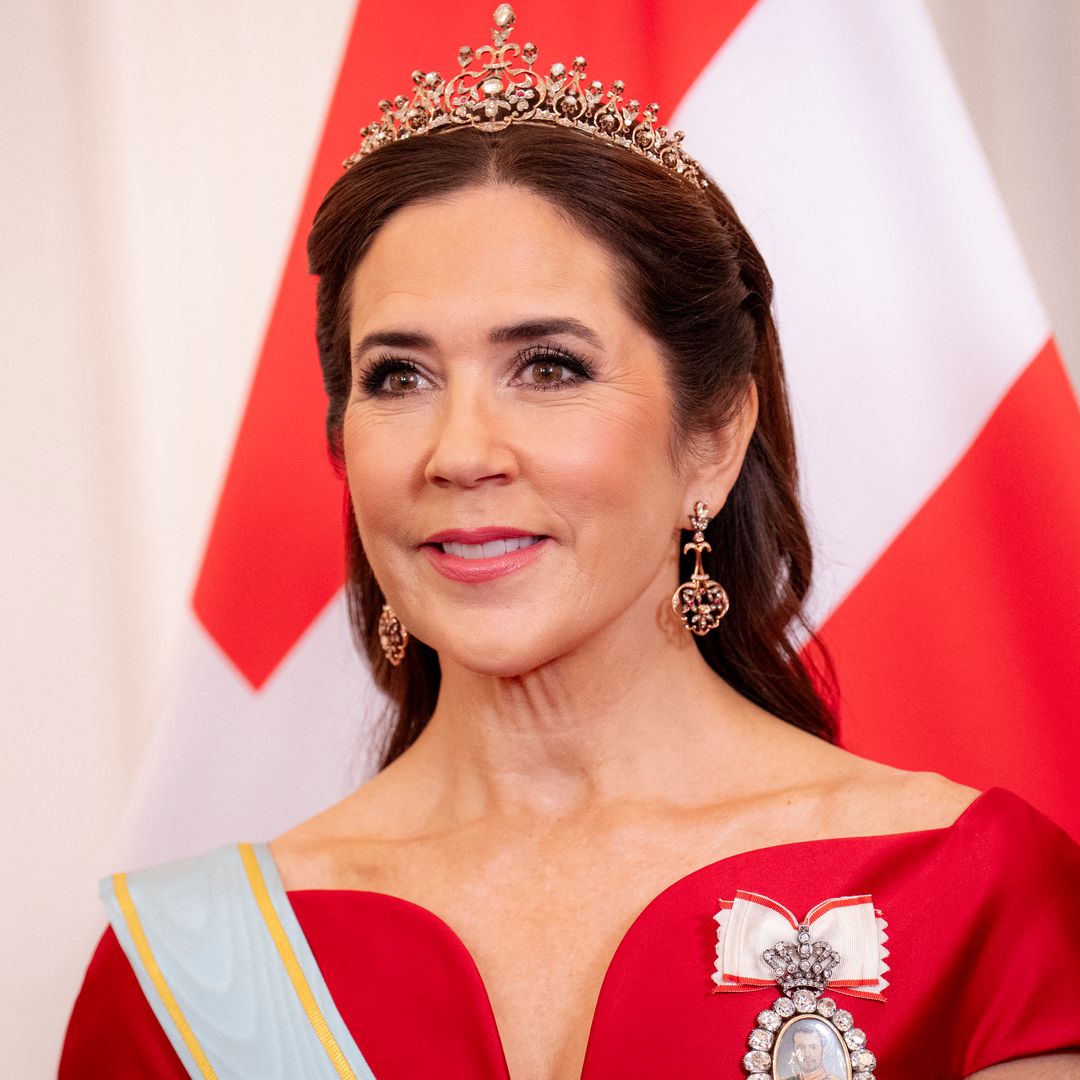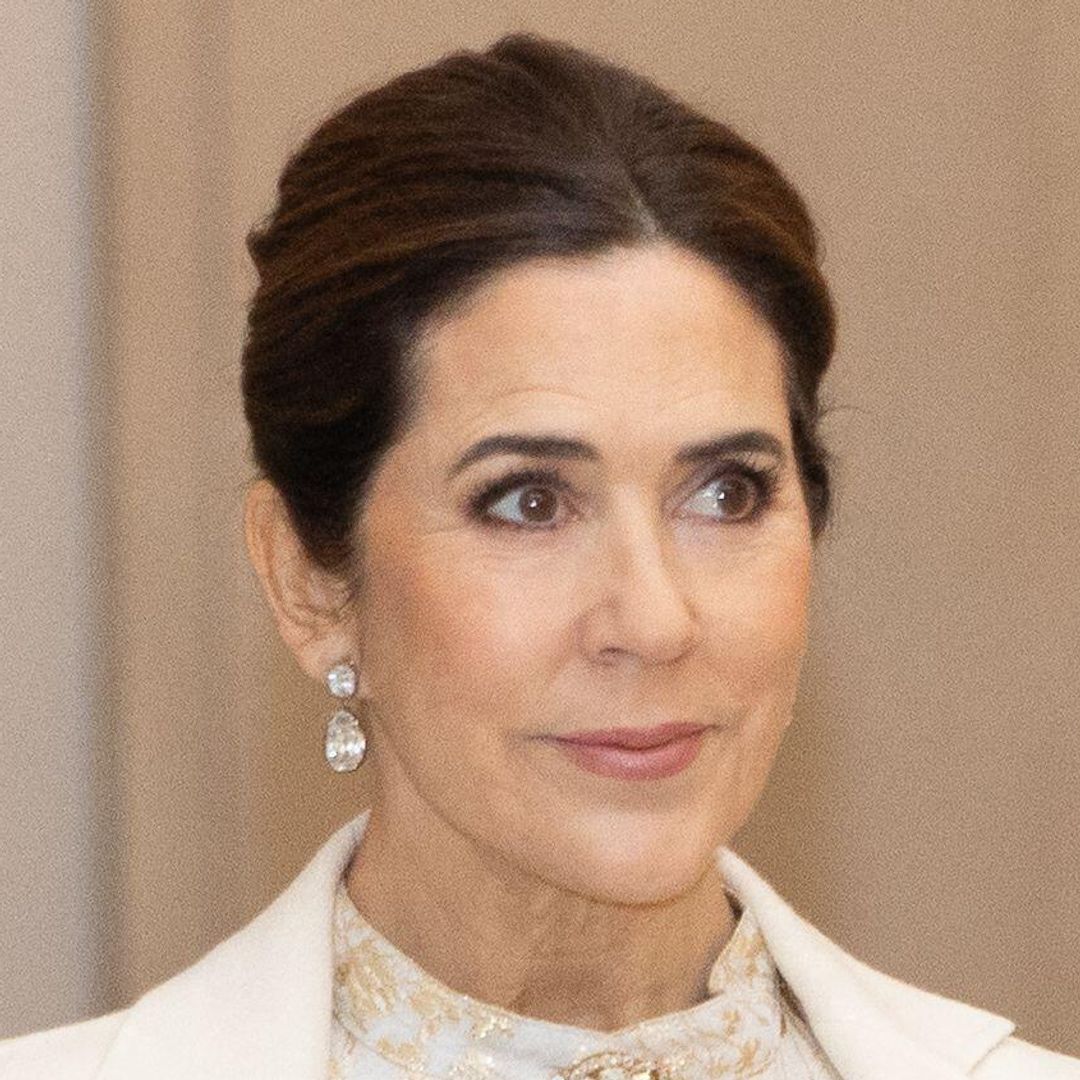When she announced her abdication during a live new year TV address at the beginning of this year, Queen Margrethe II sent shockwaves through Denmark as the first Danish monarch to abdicate in almost 900 years.
The Queen will officially step down this Sunday, paving the way for her son, Crown Prince Frederik, to take her place as Denmark's reigning monarch.
A constant throughout much of Queen Margrethe's reign was her husband, Prince Henrik, who passed away in 2018. The prince was a flamboyant and eccentric character whose later life in particular was marred by controversy.
He was a bon vivant with a penchant for poetry, cooking and wine who became notorious for his unpredictable outbursts, which earned him the title of "Whiner of the Year" from one Danish TV channel.
Born Henri de Laborde de Montpezat in 1934 at Talence, Gironde in France, the prince spent much of his childhood in Hanoi, where he became fluent in Vietnamese, before moving to Paris to study law and political science at the Sorbonne.
He moved to London to work as a diplomat, where he first met the then Princess Margrethe in 1967. Within a year of their marriage, they welcomed their first son and heir to the Danish throne, Prince Frederik.
According to Wim Dehandschutter, royal reporter at DPG Media, the prince made a positive first impression on the Danish people. "In the beginning, generally he was greeted with big emotions and love," Wim exclusively told HELLO!. "He was a young handsome French man who took the young Princess Margrethe by storm."
The prince's behaviour in later life grew increasingly erratic as he opted to candidly share many of his personal frustrations with the press, before being diagnosed with dementia shortly before his death.
He was a polarising figure who evoked delight and disapproval in equal measure from the Danish public. "Prince Henrik had a love-hate relationship with the Danish people," Wim said. "They loved to hate him."
Join us as we look back at some of the standout moments in the colourful and controversial life of Prince Henrik.
Mid-life crisis
Prince Henrik sparked controversy in 2002 when he aired his frustrations with his life in the shadows, deeming himself useless, relegated and in the "midst of a mid-life crisis".
This revelation came following reports that he had been demoted to the third rank in the Danish royal family, after he had been the guest of his son Frederik, who Queen Margrethe chose to represent her instead of her husband, at an official New Year's reception in Copenhagen earlier that year. The prince told Danish newspaper BT that these circulating comments were the "final straw".
He blamed the press for what he described to be the "worst crisis" of his life, and denied that his son was at all responsible for his bruised self-esteem. "He's a wonderful boy," he said. "It's not his fault. I think he's timid and he isn't content with the current situation. I want to make that clear. I'm not jealous of my own son. He's not the one trying to change the order."
In the midst of this, Henrik fled to his chateau in the South of France to take a step away from royal life.
Aversion to royal life
When Margrethe became queen in 1972, the title of Prince Consort was immediately bestowed on her husband, as is convention. Henrik had to overhaul his life when his wife became queen: he had to change his religion, language and name to adapt to Danish royal life.
However, the prince, who maintained in his writings that he still saw the Frenchman Henri when he looked in the mirror, did not shy away from voicing his displeasure with some of the adjustments that royal life demanded.
In particular, he openly criticised his Prince Consort title. Traditionally, when a queen is crowned, her husband is named prince, while if a king ascends to the throne, his wife immediately becomes known as queen.
He told the French newspaper, Le Figaro, that he deemed this to be a form of gender discrimination: "Denmark, which is otherwise known as an avid defender of gender equality, is apparently willing to consider husbands as worth less than their wives."
There was also criticism of the prince's failure to fully embrace Danish culture and integrate himself in Danish society. "It's been said that Henrik, a French-born royal, was never truly accepted, because he never learned to speak proper Danish. If he had made more effort, this could have been the first step in full recognition," Wim said.
"Furthermore, Danish people had the feeling that Prince Henrik did not make huge efforts to integrate himself. For example, he stated unabashedly that he would choose French wine over Danish beer, the French car brand Citroën above Scandinavian Volvo."
During the queen's 75th birthday celebrations, Prince Henrik caused quite the stir when he was spotted on holiday in Venice despite claims that he was unwell.
Controversial burial plans
Shortly before his death in 2018, Prince Henrik marked his lifelong grievance with his title by announcing that he did not wish to be buried next to his wife.
In an interview with Se og Hor, he said: "I didn't marry the Queen to be buried at Roskilde. My wife has decided that she wants to be Queen, and I'm very happy about that. But as a human being she needs to know that if a man and wife are married, they are equal."
"It's my wife and not me that can do anything about this matter. If she wants me buried with her, she has to make me King Consort," Henrik added. "End of story – I couldn't care less."
Danish tradition dictates that the spouse of a monarch is buried with them in Denmark's Roskilde Cathedral. However, as per his wishes, the prince was cremated, with half of his ashes scattered in Danish waters, and the other half interred in the private gardens at Fredensborg Castle.
According to Wim, although many of his views and combat points were regarded as "childish" by the Danish public, "his popularity improved in his final years". " Perhaps because times have changed," Wim said. "Because they realised that he was important to the Queen and for fulfilling her role.
"After his death, people were very sad and acknowledged him and his role. My friends remembered how people were in huge lines to see the coffin […] the Queen would not have been the Queen she has been if it weren't for Prince Henrik. We owe him a big thank you as well as the Queen."
